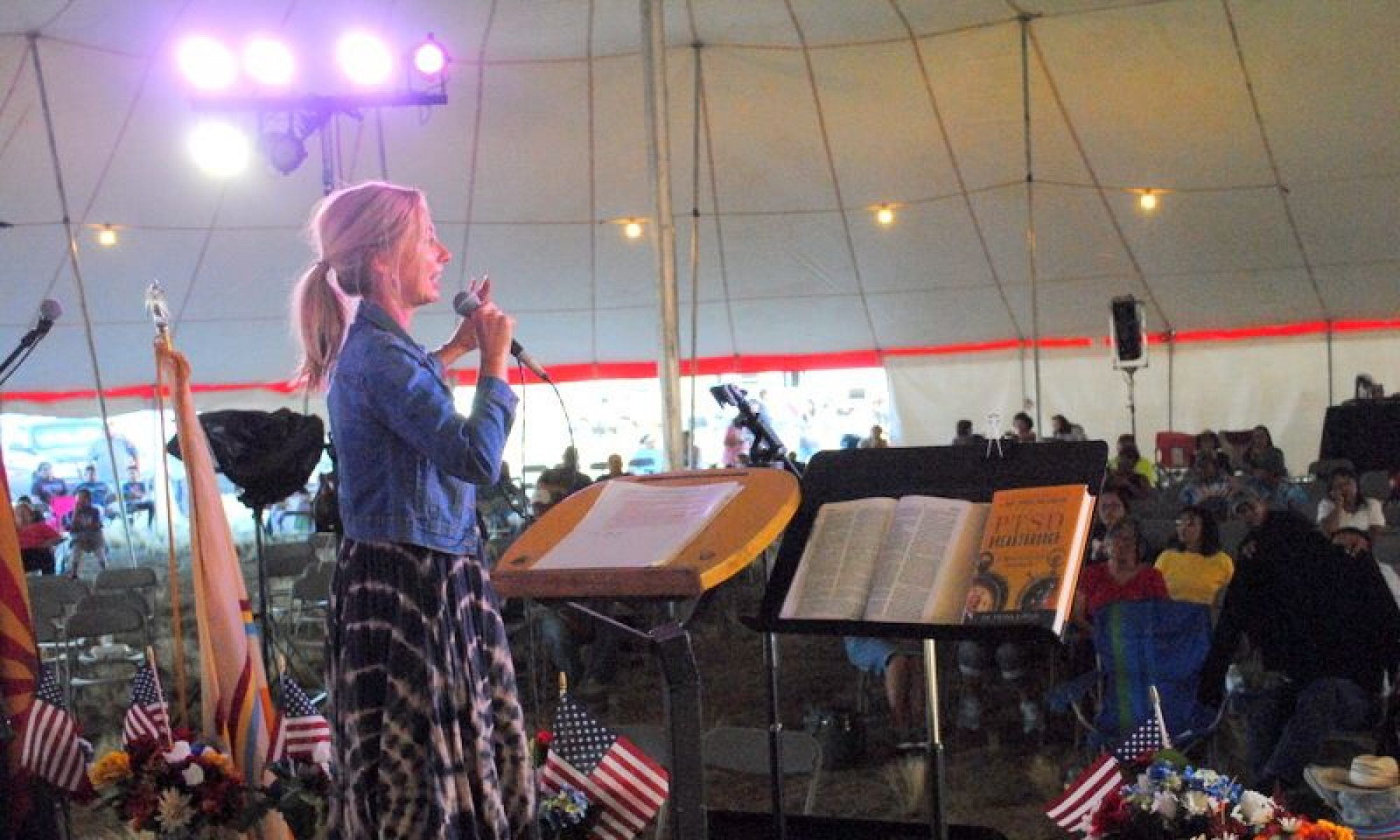Right now the world feels like it is in freefall. Huge rises in energy prices and the cost of living. Growing inflation and economic recession. The war in Ukraine. Climate change. Humanitarian crises. The rise of authoritarianism and the attack on democracy and free speech. Divisive social issues. Loss of truth and gender confusion. The list goes on.
The Church worldwide has its own significant challenges. The old approach (or model) of ‘doing church’ has been proving less effective year by year for decades across almost all denominations and traditions. Church memberships and attendance continue to fall across the board. Coined by some as the Great Resignation, more church leaders are leaving through burnout or a loss of vision. Many of those who keep going think that somehow things are going to turn around. There has been a spate of spiritual abuse scandals and Western society is becoming increasingly secular as the Church struggles to retain a voice and stop the rot.
So, what’s the answer?
Revivals
Living in Wales, the word ‘revival’ is often mentioned in Christian circles. The two are somewhat synonymous given the history of revivals in Wales, especially the Welsh Revival of 1904. It certainly impacted the nation. Crime rates plummeted. Mining ponies didn’t know what their masters were telling them to do as the instructions no longer had swear words. Chapels were full to capacity with tens of thousands of people reportedly having a ‘conversion experience’. Wales became a God-fearing nation and the influence of this revival spread to other nations around the world.
However, the revival was short-lived, lasting about 18 months. By 1907, church memberships were already in decline and churches quickly began to slip back into the same old ruts that had existed before. 1
There are numerous other revivals that could be mentioned including the Moravian Revival (1727) (which birthed a missions movement), Asuza Street (1906) (which birthed the Pentecostal movement), the “Korean Pentecost” (1907), the Argentine revival (1948-54), the revivals on the Hebridean islands of Scotland (1949) and in East Timor, Indonesia (1965), and more recently in the 1990s, the ‘Toronto Blessing’ and subsequent Brownsville (Pensacola) revival.
However, in all cases and for different reasons, any revival is short-term and typically lasts only a few years. Clearly, if a revival leads to thousands coming to Christ, that would be wonderful. But if they soon fall away due to a lack of discipleship or excommunication due to moral failure (as in the case of the Welsh Revival of 1904), then a lot of what God intended would be lost.
Awakenings
Revivals are sometimes referred to as ‘awakenings’ although many distinguish between the two, with an awakening being seen as broader in influence and waking up ‘the unchurched’, as opposed to reviving ‘the saints’. The most well-known would be the First Great Awakening (referred to in England as the Evangelical Revival) of the 18th century. John and Charles Wesley, and George Whitefield were used mightily by God at this time. The Second Great Awakening (1780-1810) in the United States sparked a number of reform movements.
Today there are many who pray in hope that God will send another revival. If God chooses to revive His people in some powerful and supernatural way, that would be amazing, especially if it isn’t contained within church buildings. However, in any case it will only be for a season. Revivals don’t last indefinitely.
I am certainly not seeking to knock revivals. I would be a fool to do so as these are special outpourings of God’s Spirit. However, at this time, is God looking to do something else?
Reformations
Instead of another revival, others want a new reformation. Reformations will be deeper and last much longer than revivals.
The classic example is the Protestant Reformation in the 16th century. This set about reforming some of the doctrines and practices of the Roman Catholic Church, which was dominant across Western Europe. This reformation movement was successful in some respects but failed in others.
Compared to a revival, it brought about lasting change. The scriptures were translated into the common languages and distributed far and wide. The payment of indulgences and a belief in purgatory, where one had to continue to pay for one’s sins, was replaced by repentance and faith in the finished work of Jesus Christ. People could have a personal relationship with God without using a priest as a mediator. The New Testament proclaimed the priesthood of all believers.
The biggest catalyst God used for this reformation, the German monk Martin Luther, and numerous other reformers over the years, have all sought to challenge unscriptural beliefs, the abuse of power and corrupt practices in order to remain faithful to Christ and the Word of God.
Seismic Changes, But Not All Positive
The changes that resulted from the Protestant Reformation were seismic, not just within the Church but also politically, culturally and within society as a whole. For example, the translation of scripture from Latin into local languages helped spread literacy across the continent of Europe. England’s split from Rome as a religious/political power led to a greater level of independence as a country and a revised parliamentary system of government. The reformation led to the formation of nation-states and its impact has spread all over the world and still carries influence today.
However, not all the resulting changes were positive.
The Protestant Reformation led to several wars (e.g. The Thirty Years War of Germany, the wars in France between the Roman Catholic Church and the Hugenots), and fragmented the Western Church, not only a major split between Protestant and Roman Catholic, but also a subsequent fragmentation into what is now thousands of denominations, each emphasizing their important ‘truth’ and doctrine.
Five hundred years on and in spite of the New Testament emphasis on one Body of Christ and the formation of a new united nation – the citizens of God’s kingdom, God’s new humanity – many Christians view a divided Church as normal. If the apostle Paul was to see the state of the global Church today, I think he would be shocked at the fragmentation and disunity.
Something Else?
So in considering the history of both revivals and reformations, should we be seeking another revival or reformation? Or, is there something else that God wants to do as He outworks HIS eternal plan and purpose?
The future is not in the past. We can be thankful for past ‘moves of God’ but not focus on looking back, but on what God is wanting to do now. It will be something new!
What would another revival achieve beyond a short-lived ‘time of refreshing’?
Would a new reformation deal with some areas that need to be addressed but still neglect key foundational issues (five years ago on the 500th anniversary of the Protestant Reformation, I presented 7 reasons why the Church today needed a new reformation – see https://catalystmin.org/wp-content/uploads/2018/10/Why-We-Need-a-New-Reformation-Oct-2017.pdf)?
Foundations
A house is only as good as its foundations. When everything is shaking, no revival or reformation will address the fundamental problem. Tweaking this or that won’t suffice. As someone once said, you will only be rearranging the furniture on the Titanic.
Some years ago, as God was highlighting to Michelle and me how the Great Commission had been hijacked by Western cultural imperialism, His word to us was ‘Revisit the foundations!’ A reformation might be radical enough to do this, but history so far has proved otherwise.
Kingdom Reset
The question therefore needs to be asked, rather than seeking for another revival or reformation, do we need a complete reset?
If you, like me, are aware of the World Economic Forum’s nefarious agenda for a global ‘Great Reset’, the use of the word ‘reset’ may be off-putting. We don’t want this kind of great reset.
But, most of us will be familiar with the need to reset our computers if they are slowing down and not running the way they should. In this instance, the operating system provides a way that will let you restore your computer to an earlier (default) state, free of errors, cookies and bugs. It’s a reset back to ‘factory settings’.
God’s Previous Global Resets
We see God performing global resets in biblical history. Firstly, there was the Great Flood in Noah’s day that cleansed and reset the world with the seeds of the original creation.
Secondly, the coming of Jesus Christ was the greatest reset ever in establishing a new world order – the Kingdom of God on Earth – and starting the process of New Creation.
However, as my friend, Wolfgang Simson, puts it, Jesus preached the Kingdom but what came was the church…and a religion called Christianity.
Kingdom Reset
A Kingdom reset will address not just doctrines and traditions (the software), but also the underlying church systems and structures (hardware) that continue to constrain and slow down the growth of God’s Kingdom in the way that He wants.
If we continue doing for the next 20 years what we have been doing in the past, what Kingdom difference will it make to our cities and communities, nations and the world?
Is it time to press ‘Kingdom Reset’ and reinstall Heaven’s original ‘factory settings’ that God had in mind when He launched His Kingdom on planet Earth? If so, we will need to re-learn and re-discover in humility and God-dependence, His mission project for His world and how we can partner with Him to bring it about.
(to be continued)
1 The Welsh Revival of 1904-1905, What Happened Next by Dyfed Wyn Roberts, 2013
(photo: Linuxgeek, freeimages.com)


